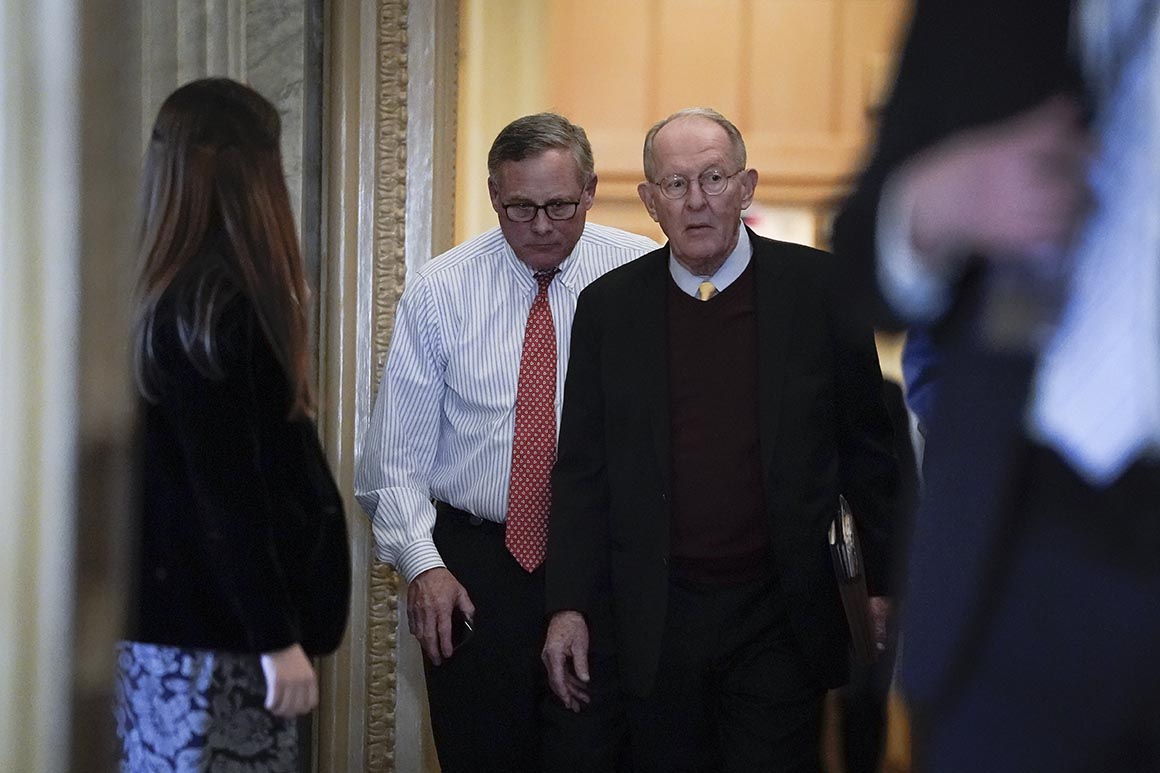
“Cracks will show and forces will penetrate and overwhelm the offensive line that protects the public’s health,” he predicted.
The warnings were not heeded.
Rather than appropriate the advised $820 million-plus for public health grants and $470 million-plus for hospital preparedness that fell under the 2019 pandemic act, Congress only agreed to spend about $675 million and $275 million, respectively. Lawmakers, public health experts and Capitol Hill staff told POLITICO it’s well in keeping with Congress’ pattern of chipping away at domestic spending when times are good and only loosening the purse strings once a crisis is already underway.
“We’re the richest country in the world and, in many ways, we were caught with our pants down,” lamented Rep. Robin Kelly (D-IL), who sits on the House subcommittee that crafted the bill. “If we had had more money, we would have been more prepared today. We would have gotten up to speed faster.”
The bill’s reauthorization and subsequent funding allocation are among several key moments over the last few years where experts warned of the likelihood of something like current pandemic and government leaders did not do enough to prepare.
“We have a tendency to do this,” said Dr. Georges Benjamin, the executive director of the American Public Health Association. “When something happens, we throw a lot of money at it, but then we walk away. If we did that with the military, we’d be in terrible shape. But, somehow, we are fine doing that with public health.”
Lawmakers and outside experts alike say the bill renewed and improved on crucial public health programs that the country is now depending on as the pandemic spreads.
Among other provisions, the legislation — officially known as the Pandemic and All-Hazards Preparedness and Advancing Innovation Act — encouraged the FDA to work with companies to develop emergency use authorizations for new vaccines. It also clarified when and how the Public Health Emergency Fund could be tapped, and set up pilot programs to help states and hospital systems create regional cooperation plans. Lead Senate author Richard Burr (R-N.C.) and HELP Committee Chair Lamar Alexander (R-Tenn.) hailed the bill in an op-ed this February as the backbone of the country’s ability to weather the coronavirus pandemic.
“The public health preparedness and response framework that Congress has put in place and that the Trump Administration is actively implementing today is helping to protect Americans,” the senators wrote. “The work of Congress and the administration has allowed U.S. public health officials to move swiftly and decisively in the last few weeks.”
An HHS spokesperson praised the bill as well, saying in a statement to POLITICO that it “strengthens public health and healthcare readiness, bolsters response and recovery programs, and increases transparency.”
Public health experts agree that the underlying policy was good, but say Congress’ failure to then adequately fund these programs is exacerbating the current crisis.
“While we’re lightyears ahead of where we were in 2001 – in terms of incident command, laboratory capacity and other preparedness measures – there’s been a steady chipping away at the funding that has made a difference in how quickly public health departments can ramp up,” said Dara Lieberman with the Trust for America’s Health, one of the groups Congress invited earlier this year to weigh in on the response to coronavirus.
Since some of the bill’s key health programs were first created in the early 2000s, their funding has been slashed significantly in the intervening years – under Democratic and Republican administrations alike and across several Congresses.
Source: politico.com
See more here: news365.stream






